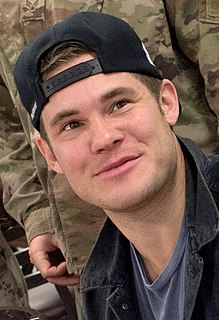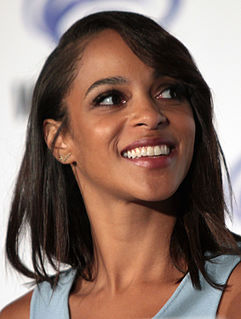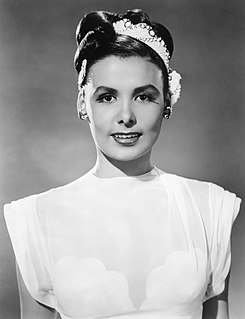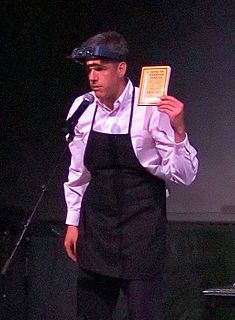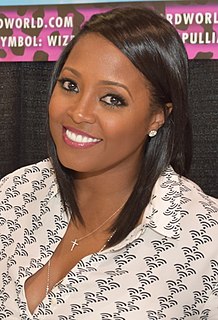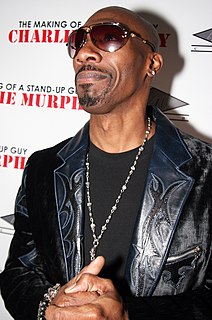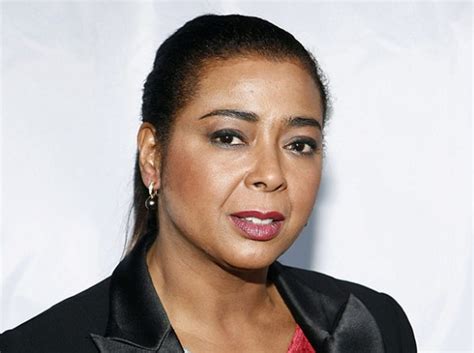A Quote by Franklyn Ajaye
I have no desire to be hip to the latest black slang and do the stereotypical black thing. I was a Richard Pryor fan, and I have used profanity in my act. But when it becomes a whole thing that defines blacks, we're limiting ourselves. The enemy is us.
Related Quotes
We had this terrible thing, this awful thing with 'Black and White' happened, where the design of 'Black and White' was actually... was hijacked by the fan sites. Because what happened is, there were so many fan sites on 'Black and White,' the hype on 'Black and White' was just ridiculously huge. It was completely out of our control.
I don't think it's a bad thing to play a character that's not necessarily a super-woman. Even if the character is a little bit stereotypical, as long as the whole story is good and positive, or makes some sort of important statement, I think it's okay. But, on the whole, you can't just do that, especially as a black woman. It's more of a responsibility. You've gotta let the world see black women being successful, strong, smart, with power and who are self-possessed.
The enemy of the black is not the white. The enemy of capitalist is not communist, the enemy of homosexual is not heterosexual, the enemy of Jew is not Arab, the enemy of youth is not the old, the enemy of hip is not redneck, the enemy of Chicano is not gringo and the enemy of women is not men. We all have the same enemy. The enemy is the tyranny of the dull mind. The enemy is every expert who practices technocratic manipulation, the enemy is every proponent of standardization and the enemy is every victim who is so dull and lazy and weak as to allow himself to be manipulated and standardized.
Obviously, I'm not not black. But this is one thing I do know after years and years of working with a lot of black players and black commentators on many networks: That if you go to the place of you're telling a black man, or a black woman, that 'You should know your place and stay in it,' when you get to there, them's fighting words.



